Training so that the people learning can become the teacher allows them to take the ideas that work for them and to adapt them into their organization
Maggie’s entrepreneurial journey taught her how to turn failures into positives, or at least how to look deeper and say, “What's the lesson here? How can we improve, improvise, make something different?”
Her decades of running a training and seminar-based business shaped the cultural impact of training and seminars on every organization she worked with. From workshop design to making sure that when someone leaves the room, that they are actually improved afterwards.
Maggie brings an honesty to her training that people appreciate by saying, “This is what we do, this is what's working, this is what's not working. Here are some things we've tried that didn't work. Here are some things that aren't working as well as we'd like them to be, but we think are important and we're continuing to push on.”
“In order to have a product that other people wanted to buy, we needed to get even more organized about our training than we probably would've if it was just an internal training.”
[00:00:00] Mike: Do you ever look back on your business and surprised at all the things you've done? What you've learned, the challenges you've overcame, what you've been able to create? I was doing that recently, thinking back to the last nine years really, when I left corporate as a restaurateur and started out on my own speaking and training and consulting and coaching, and trying to just figure out what this all looked like.
[00:00:26] Mike: And it's amazing the experiences you can wrap up, rack up, in just 10 years. And so it was really rewarding for me to have this conversation that I'm gonna share with you today with my longtime friend Maggie Bayless, where we look back on 30 years of her entrepreneurial journey with an organization called ZingTrain.
[00:00:48] Mike: In this episode, we talk about imposter syndrome, the entrepreneurial journey, how to turn failures into positives, or at least how to like look deeper and say, what's the lesson here? How can we improve, improvise, make something different? We also talk about a whole bunch of things with running a training and seminar-based business, like the cultural impact of training and seminars on an organization.
[00:01:11] Mike: Uh, if you're someone who teaches workshops, we talk a lot about workshop design. And how to make sure that when you leave the room, that people are actually improved afterwards, which is a great way to get recurring business and referral business and on and on and on. This conversation is one that I was very excited about because I've had a relationship with Maggie and the folks at Zingerman's and ZingTrain for, for nearly 20 years, myself.
[00:01:38] Intro: So you have a story to tell and you wonder how to own the stage and give that killer speech that will captivate the masses. You don't just wanna speak to them, you want to transform your audience. Welcome to the Mike Drop Moment. Bold conversations about public speaking, storytelling, and business that give you real world valuable takeaways so you can craft a speech, a story, a business, and a life that the world can't stop talking about. It's time to find your Mike Drop Moment. Here is your host, Mike Ganino.
[00:02:11] Maggie: And kind of reconnected with Aria and Paul. So this is now early nineties, 10 years into the deli.
[00:02:22] Mike: That deli she's talking about is the world famous Zingerman's in Ann Arbor, Michigan.
[00:02:27] Mike: And Ari and Paul are referring to Zingerman's founding partners, Ari Weinzweig and Paul Saginaw. From that small deli in Ann Arbor, Zingerman's has grown into a community of over 10 unique businesses. There are multiple kinds of restaurants, a creamery, a coffee roasting company. There's over 700 employees, 65 million dollars plus in annual revenue.
[00:02:48] Mike: And pretty much every award a small business or food company could have been named, including Inc. Magazine calling it, “the coolest small company in America.” And what Maggie's about to tell us is how she created one of those 10 unique businesses.
[00:03:03] Maggie: And at that point they were starting to get requests from clients about customer service training. So people were coming to them and saying, “wow, I've just, I've been blown away by the level of service I get at the delicatessen,” and how do you teach your staff that? You know, could you come teach my staff? So Ari and Paul and I had been talking for a while about how might we work together.
“We know that there's as much value in people connecting with each other in the room, and learning from each other, as from learning from us as the instructors.”
[00:03:28] Maggie: Um, and I got really excited about helping them improve their internal training, because they've always been really committed to training and they were doing a lot of training, but they didn't really know anything about instructional design. So they were kind of, get everybody in the room, get the person who knows the most to talk really fast and get as much information out as possible, you know?
[00:03:55] Maggie: And. While that's better than no training at all, that's not the most effective way to train people.
[00:04:03] Mike: And so did you, did you… was there part of it – cause it's, you know, you were, you did the MBA program, you went into to General Motors. You saw, “ah, wait a second.” You ended up at that smaller organization working with the big brands.
[00:04:15] Mike: Yeah. Did you, did you keep finding that there was this pull, uh, to do this entrepreneurial thing, even though at the time maybe it was like, I don't know what that means.
[00:04:23] Maggie: Absolutely. And where it really crystallized for me was when I was, um, working as a subcontractor for somebody else who had a, um, had a contract with one of the other big three auto manufacturers to develop a customer service training system or training class for, for their dealers.
[00:04:49] Maggie: And we worked on that together and it was really fun and I, I really liked working with this guy and, and we piloted it and it got good feedback. And I just thought, “uh, so great. I'm gonna help this big company sell more cars.” I don't, that… That's not inherently bad, but it wasn't very exciting to me as opposed to, here are my two friends who have this business that is a, you know, a manageable size and helping them be better, like that got me really excited.
[00:05:26] Maggie: And so working with other organizations their size and making a difference, really, I just thought I'm, I'm taking what I know and I'm helping this huge organization, they really have no impact on. Because yeah, maybe the dealers follow this for a while and maybe it helps a little, but you know, they'll be flavor the month and they'll , they'll be doing something else.
[00:05:53] Maggie: Whereas I felt like if I worked with Ari and Paul, it could have an impact. It could really have an impact on an organization that mattered to me. So that was, that was a driving force. And it was right around that time that they came out with their first formal long-term vision, which was the vision for 2009, where they articulated the idea of creating the community of businesses.
[00:06:24] Maggie: So the idea of, oh, instead of being a training department, as part of the deli or the training person at the deli, what if we started a business? Whoa. A separate business that improved the training at the deli and Zingerman's bakehouse, which were the two businesses at the time, but then also, um, worked with outside organizations.
[00:06:49] Mike: And that's actually how I came to know the organization.
[00:06:53] Mike: Back in 2004, I was working for Pot Belly Sandwich Shop, and at the time I had been asked to create a corporate university and I had no idea what a corporate university was. So I started looking around for workshops and trainings and things I could go to, and Zingerman's came up on every single list.
[00:07:10] Mike: So in 2004, I went to my very first workshop at ZingTrain and met Maggie and Ari, who were teaching it at the time. It was called, “Fun, Flavorful Finance,” and it got me hooked on training. It got me hooked on this other way of doing work, and it ultimately got me hooked on revisiting Ann Arbor, Michigan as often as I could to do work with ZingTrain.
[00:07:31] Maggie: And what excited me about that was two things. One, doing that training work, but also I never thought I wanted to start my own business. I mean, I , in fact, I said out loud, “oh, I'm not the kind of person who ever started a business. Noooo…” You know, I, I like to work in the business. But, after I'd worked at a bunch of different places where I saw really, not so great management. People make lots of mistakes. And then I thought, well, well, I can, I can make mistakes. I, I can, I can probably – they don't know what they're doing either.
[00:08:09] Maggie: You know, these other people I was working for. And so then I kind of thought, okay, well I could give this a try. And there was an opportunity to do that, not just by myself, but partnering with Ari and Paul, who had started a couple of businesses and knew what they were doing.
[00:08:26] Maggie: And so that I wasn't, I had peers and so that was exciting.
[00:08:32] Mike: Yeah. There's this, there's this idea of almost the, the people who pretend that they have it all together are the true imposters. You know, there's a imposter syndrome has become this, this topic. And I think it's the people who, who have the business and, and act like they have it all together.
[00:08:48] Mike: Those are the real imposters because I think the rest of us are figuring out each day.
[00:08:52] Maggie: Yeah. Yes. And then you like, think you know what's going on. And then coronavirus, right? I mean, out of the blue. So one of the things that's always appealed to me, and I believe is something that appeals to ZingTrain's clients, is the fact that when we are sharing, for example, Zingerman's approach to customer service. We know that, that approach to customer service works for us.
[00:09:19] Maggie: Yeah. And we also know that we don't get it right all the time cuz we're human beings. And so we make mistakes and, and we say that in our training and we encourage the people who come to our seminars to take the ideas that work for them and to adapt them into their organization. Um, But we never tell 'em, you have to do this.
[00:09:48] Maggie: We say, this is what we do, this is what's working, this is what's not working. Here are some things we've tried that didn't work. Here are some things that aren't working as well as we'd like them to be, but we think are important and we're continuing to push on and, and we really hear that people appreciate that honesty.
[00:10:10] Maggie: And, what we see, I would say one of the things we see most often on post workshop evaluations is, how grateful people are to realize they're not the only ones with the problems they're struggling with. I think small business people feel like whatev- like everyone else has figured it out and we haven't and or I haven't, and there's something wrong with me.
[00:10:36] Maggie: Yeah. And I'm afraid like if I – that's that whole imposter syndrome.
“ It doesn't matter how great the training or the keynote or the session was; if nothing happens as a result of that, I don't think it was a good use of anybody's time, money, energy.”
-
[00:10:40] Mike: It's, it's, it's, I think what leads so much of the, the book business and what leads the online course business is we think, ah, there's some little secret out there that everyone knows that if I knew I could be as successful as them.
[00:10:53] Mike: And the reality is it's trying a bunch of things and adapting them for yourself.
[00:10:58] Maggie: Right. And I, I think.
[00:11:03] Maggie: Learning from other people is really valuable. And teaching other people what you know is valuable because, uh, we talk about teaching being the highest level of learning. And when you're teaching something, you learn it even better for yourself. So this, you know, 26 years later, after we started ZingTrain, what we, we, the Zingerman's community of businesses has learned from sharing with other people is enormous.
[00:11:34] Maggie: Because in order to have a product that other people wanted to buy, we needed to get even more organized about our training than we probably would've if it was just an internal training. Which means that because ZingTrain existed, and was teaching outside organizations, the internal Zingerman's training got better.
[00:11:55] Maggie: Right? And then as we saw outside people react to our training and as they shared with us how they had interpreted things and things they'd implemented, then we got some really good ideas that then we took back and implemented because, when, when you have that abundance mentality and you share, people, share back, and that's been, that's been really cool.
[00:12:25] Mike: And it's an interesting thing, I think for, for all the folks that are listening who are, who, you know, maybe they have a book or, or they're teaching workshops or they're doing online courses or they're speaking or, or whatever that that model is. I think one of the things that's a big takeaway from what you just said is:
[00:12:39] Mike: it's not just about going and being good in front of people when you're, when you're selling companies and other people, development or growth or, or solution that it's about giving them something repeatable, something that they can use. And you were talking about that with when you went from, “Hey, we're just doing our own internal customer service training” to, “Oh wait, we have to like label things and we have to organize things and we need to put them in steps.”
[00:13:02] Mike: So we need to put them in, in recipes as, as you do. Right. Uh, and, and I think a lot of people who are in the teaching and, and coaching world sometimes just rely on their own ability to be in front of people and be good versus thinking of it that way.
[00:13:17] Maggie: Yeah, and that was a, you know, we were, when I was thinking about having this conversation with you and just trying to like, get some structure in my mind, about 26 years.
[00:13:34] Maggie: And so I was thinking, you know, like, um, why did we start doing it? Well, people were asking about customer service, so that was the first content area we worked on. Then there's that point where you're actually developing a workshop for somebody. And so being really clear at the end of this training, what do we want people to know or be able to do?
[00:13:57] Maggie: So training objectives, you know, just getting that out there. And then one of the things that I think has differentiated ZingTrain trainings from many workshops out there, is that we know that there's as much value in people connecting with each other in the room, and learning from each other, as from learning from us as the instructors.
[00:14:24] Maggie: Now obviously they came to learn, um, Zingerman's approach to whatever the topic is, and so we're sharing that, but there is lots of knowledge in the room and we always try to frame it with the perspective of: what are you going to leave and do? And the do might be teach other people in your organization what you learned here.
[00:14:54] Maggie: And so we tried to design the training materials, our workbooks or whatever, in a way that people could then use those as training materials as they take that message back. Because you don't change an organizational culture by one person going to a class.
[00:15:15] Mike: You don't? I always called it the idea of, uh, managing by Harvard Business Review.
[00:15:23] Mike: Like I read a Harvard Business Review article. Let's do it. But it's interesting because that's one of the things, and I, and I think I, I've said this on many, many podcasts, and I think I wrote it in, in the acknowledgements of my book. Uh, so much of the way that I am as a leader and how I looked at training and how I looked at organizational development, I learned from you.
[00:15:44] Mike: I, I learned from, from Zingerman's, but also specifically you, Maggie. And one of the big things that I remember somebody, somebody texted me last week who used to work in marketing with me. And one of the things that we did in the office, for all of the folks that would go to conferences or they would go to workshops or they would go to.
[00:16:04] Mike: Uh, even an author, we would sponsor them to go to a book signing or something, and they would get to go do that. They would go work at a, uh, you know, we would do an event. One of the things they had to do was come back and teach. They, they could go teach it in one of the restaurants, they could teach it to the other staff, but they had to take their experience and say, okay, here's what I learned.
[00:16:22] Mike: Here's how I think we use it. Here's what I think was cool, but like, maybe not for us, but did I miss something? And she said that she texted me last week and said that she's been doing that with her team as they've been watching all of these webinars. Because she's like, it's so many webinars that if we don't come back and say, what did we do?
[00:16:38] Mike: And, and I, and I thought, how did I know to do that? And it was, it was from you because I, I've heard you say this before of the go, teach it out and we'll see what's, what's there. And it's, it's, I think if you're listening to this and you're, you're a designer of workshops, seminars, even your speeches. The takeaway, a lot of us do the thing where, uh, during the speech we say, text us here and we'll send you a, we'll send you a guide or something to get the email addresses of the audience.
[00:17:05] Mike: And a great guide to give them is what to do with the information you just heard. So. And, and I think what Maggie said here is, is one of those key things of. Go teach someone else. You, you sat through my keynote. Go teach someone else the, the, the recipe, uh, in, in Zingerman's words, uh, that I showed you, or go teach this or go tell your kids this.
[00:17:27] Mike: I think there's a lot of value in that. I, I think that's, it's one of the things I've really, I've really learned from you. It's probably also sad for my husband because I always wanna talk about, “let me tell you the thing I learned today on a podcast,” and I think sometimes he's like, can we just watch tv? ?
[00:17:41] Maggie: Right, right.
[00:17:43] Mike: It's simple. So, so 26 years when we're recording this, 26 years of ZingTrain. And I think for, I think one of the things I'd like to talk about now is how do you actually, I've learned so much from you in 15 years that I've, that I've known you and and known ZingTrain about workshop design, and you just spoke about the power of.
[00:18:06] Mike: of people in the room sharing with each other and, and dialoguing. And there's, and I've gotten feedback before when I've done a workshop because somebody said it seemed like they were, you know, talking about what they learned a lot with each other. We spent 30 minutes on that at the end. And it's like, yeah, that's good stuff.
[00:18:23] Mike: And I learned that from you of like, oh, the power of, of putting a pin in it. So I'd love to talk about, for the folks who are designing workshops and webinars, I'd love to talk about your process for how you put together. Like the kind of behind the scenes of how you go about putting together a, a full day seminar.
[00:18:43] Mike: Because I think a lot of people get it wrong where they just talk all day.
[00:18:47] Maggie: Right, right. Um, well, I'm sorry, that's a trade secret and I'm not sure , no. Um,
[00:18:59] Maggie: Well, through the years we've discovered that there are certain pieces that are important and are sort of trademark for us. And one is, introductions that gets everybody's voice in the room in some way. Um, we're, we, our preferred training, um, layout is when we're in person to have round tables so that people are getting to know their, so we do table exercises and we get people.
[00:19:30] Maggie: I found that Zoom meeting with the breakout rooms actually works incredibly well for this. Um, so in our virtual trainings, we almost always have some kind of small group discussion to introduce, uh, in the beginning. So there's always starting with introductions, getting everyone's voice in the room and ending with a final reflection and some debriefing out of, what did I learn?
[00:20:01] Maggie: Because. and whenever we, we skip that because for some reason “Oh, there's not enough time” or, um, Ugh, I'm always sorry. So even if there isn't time at the end to get everyone to report out hearing from a few people, because what happens is, people take the time to write down what they got out of it, but then they're hearing what other people, and that reminds them, oh, that.
[00:20:30] Maggie: And then sometimes it's even a thing where someone didn't think that part was that useful, and then they hear that it was for somebody else that validates it for them because they're like, oh yeah, I didn't think that part was useful, but somebody else did. So, so those always bookend our, our sessions.
[00:20:52] Maggie: And then in between it's a combination of getting the information across, so what you know, what do we want people to know or be able to do. So sharing that skills and knowledge, and then building in enough interactivity that it's not just, you're not just talking at people. So what are some exercises that people can do to connect with each other and, uh, because in conversation with each other, they're also processing the information, as they're sharing like what they heard, but then they're also hearing the pieces that other people learned.
[00:21:32] Maggie: I think that just they develop a, a deeper understanding. So, whenever possible , when we're doing in-person training, we're always thinking about how to get people up and moving around. Right? So exercise is where their – yes, they're sitting at this table, but maybe you count off differently and then they're working, on , on flip chart pages on the wall. We'd like to do that kind of thing.
[00:22:02] Maggie: So you, you want to, I mean, this is back to the basics of, um, instructional design. You want to engage different types of learners. Visual learners, auditory learners, kinesthetic learnings, but everybody I think benefits from having different, um, kinds of exercises. And I'm not a big one for icebreakers or exercises that are just silly, although that's, that's not inherently bad.
[00:22:33] Maggie: I just always feel like, oh, there's so much information and there's so little time, how can we create an exercise or an icebreaker that actually also shares some information, so that it can be a fun thing, but it also is serving, um, the learning objectives.
[00:22:53] Mike: Yeah. It feels like for me, one of the things that I've, and I dunno where I learned it, I learned it from someone cuz I wasn't born knowing it, or maybe it was, it was from, from you.
[00:23:02] Mike: But the idea of like, if you're gonna ask adults to do something in these settings, there needs to be some reason besides, oh – and, and, and I learned this a lot when I was using, when I started doing improv inside of companies. When I started doing those kind of, and I've actually done it, uh, I was, I was lucky enough to be invited to come and teach that with ZingTrain through the speaker series.
[00:23:23] Mike: And one of the things I realized is that those games that they would look at and say, these are silly games actors play that it was more important than anywhere that I said, here's what just happened during that. Because I think adults have a really short, uh, not attention span for it, but a short, like, uh.
[00:23:42] Maggie: It's chaotic.
[00:23:43] Mike: Yeah. Yeah. Like if, if, if you could tell me why I just had to do the thing, then I'm, I'm good. If it was like, ah, I understand. But if it's just goof 'ems, then I think they, they kind of lose patience quickly with it.
[00:23:56] Maggie: Yeah. Yeah. And, and that's a – Also, when you're training a room full of people, you've got a wide range of personality types and comfort. So, you know, for every person who just loves the fact that they get to do an improv thing, cuz they, they're a performer at heart. There's the person who absolutely hates getting up, you know? So, yeah, it's gotta it's gotta make sense.
[00:24:23] Mike: I love the, um, you know, again, people listening, I think some of the, some of.
[00:24:28] Mike: Uh, the simple, not easy, but simple ideas that you just shared are so valuable of kickoff with some kind of activity that gets them talking to each other. Using the zoom rooms and virtual is, is a really great idea. I hadn't thought of that. The round tables, I think people don't think of that when it's like, how do you want the room set up?
[00:24:45] Mike: I don't, however. Round tables I think is, is such a wise thing and you can mimic that virtually. And then the ending with the reflection. One of the things, in addition to the two reasons you said, about I'm reflecting on what I learned and then I hear, oh, that thing was important over there to someone else. The other thing that happened to me, I, I think even in the very first workshop, was “Fun, Flavorful Finance.”
[00:25:07] Mike: That's the first one I took way back in the, the mid two thousands. And one of the things I remember was there was someone in the room who reminded me of one of the like directors of operation that I worked with back at Potbelly Sandwich Shop back in the day. And it was someone I, I couldn't I, I just couldn't get on the same page with mm-hmm.
[00:25:30] Mike: I couldn't do. And so in the room, I remember I don't wanna sit near that person because they would remind me of this person that, that I don't necessarily don't like, but I just don't get 'em. We don't, we don't talk the same language. And in that reflection, I still have my workbook, by the way, 15 years later.
[00:25:45] Mike: I was looking at them before coming on with you, and at that reflection moment when he shared his takeaway, it gave me insight into my colleague and I said, oh, and I, I, it is circled in my workbook. Say this to so-and-so because the person that I thought was just like them at the reflection part of the day said, oh, this is how I think about it, and this is what I'm concerned with, but now I know I can do this.
[00:26:13] Mike: And I thought, that's a language I need to go sell this idea. And there's value in even that sometimes when you're working inside of an organization. You know, cause a lot of people who might be listening might go do a workshop for a company. Right. And there's, there's almost some kind of cultural work you're doing when you do it inside of a group.
[00:26:31] Mike: Even if you're not working on culture, you are. Right?
[00:26:34] Maggie: Yeah, absolutely. And one of the things that I really like to do when we're doing a workshop with, with what we would call a private workshop where it's for an organization. Um, and if you have a lot of different departments represented, sometimes a great exercise can be to have, get them in department groups and say, what do you wish all the other groups knew about your department in terms, let's say customer service, of how you can help them.
[00:27:09] Maggie: Like what should they call you for when they need help about customer service? To like, cuz that kind of sharing of information, even in the best organizations, when, when you, they talk about like, what could be better, communication always comes up. So if you have the opportunity as a trainer to get people from across an organization talking about a single topic in the room – whatever that topic is.
[00:27:45] Maggie: Yes, you're probably there to teach them something, but there's also an opportunity for them to share information on that topic with each other. And so don't forget to build that into your design. So when we are designing, um, let's say a customer service workshop for a public session where you're gonna have a bunch of people from a bunch of different organizations,
[00:28:15] Maggie: we're, it's not that there is an interactivity, but it's more about sort of sharing. We're sharing, and then you're gonna go back and share with other people. But if we're doing a whole a customer service workshop and everybody's from the same organization, that's an opportunity for them to do some organizational work cause they've got people in the room, right?
[00:28:43] Maggie: So not necessarily to get decisions made, but absolutely to share information. And I think a lot of times trainers just think about, “oh, I need to give them all the info that I have.” Like, you know, “I'm here as the expert if we wanna spend all the time with the information going that way.” And I think that's a lost opportunity.
[00:29:09] Mike: Well, and it's, it's, it's also, I think a – and I see this a lot with people that I work with on helping them design their content. In that, I think it's a, a missed opportunity because I can just read the book and get all of the information. I can, I can watch a video, I can watch YouTube and get all the information.
[00:29:30] Mike: There's some other reason I think, uh, that we've come together and, and I always say this when I work with like a keynote speaker who's giving a speech. They're not flying across the country. They're not sending their team and spending the money so that they could just watch this perfectly rehearsed version of your talk because they can watch that online.
[00:29:48] Mike: They came here for some kind of experience and how can you be part of that? And I think that what you're saying is so valuable for people of saying, how can you be part of helping them implement, adopt, learn together versus just being an information faucet?
[00:30:06] Maggie: Absolutely. Because there's…no… Boy, it doesn't matter how great your, the training or the keynote or the session was, if nothing happens, as a result of that, I don't think it was a good use of anybody's time, money, energy.
[00:30:27] Maggie: And so what can you do to increase the likelihood that when you're gone. Something is different in, in the organization.
[00:30:39] Mike: And you were, you were saying earlier, one of the big things is the “what are they gonna leave and do?”
[00:30:44] Maggie: Yeah.
[00:30:44] Mike: What are they gonna leave and do? Yeah. And, and I think that that's easy to forget sometimes in this work that we, uh, put together.
[00:30:52] Maggie: Yeah.
[00:30:52] Mike: So have there ever been, can you think back to any of the things in the 26 years that you all have launched that have been like, well, act didn't work?
[00:31:01] Maggie: Oh, um, . Gosh, boy, I . I know there have been some, um,
[00:31:15] Maggie: Well, I, I mean, this may not be the sort of thing you were thinking of, but I mean, I think it is really relevant for people who are developing content. So the first seminar that we created was a two day Zingerman's experience seminar. It was the overview of everything we do, and so there was a piece on our approach to service and our approach to training and our approach to choosing products and all of that.
[00:31:38] Maggie: And then, what we heard was people wanted more in depth on customer service, and they wanted more in depth on training. So we were like, okay, great. We'll create a one day just on service and a one day just on training. And so we launched those and no one signed up. So then I was like, Whoa. Okay.
[00:31:59] Maggie: So I called, um, the owner of, uh, a chain of, uh, a small, uh, group of grocery stores in northern Michigan. And I said, you know, you've sent managers to all of our Zingerman's experience seminars up to now, and, um, you said that you were interested in service and training, and so I'm just wondering why.
[00:32:24] Maggie: And he said, well, you know, there's a, it takes a lot of time to get to you, and so to send people down and to be there just for one day worth of training isn't really worth the overhead of getting 'em there and back.
[00:32:39] Mike: Mmmm.
[00:32:40] Maggie: And I never, we'd never thought about that. But, um, yeah, that where some people, it was worth it to come to Ann Arbor for two days of training, but for just a single day didn't make sense. So then we started offering those one day sessions back to back so you could come, you know, local people could come for just one or the other, but some people could come for two days.
[00:33:06] Maggie: And then of course it didn't take that long before we realized, oh, we really have two days of content in, in both of those subject areas. So then we made two day seminars out of both of them. But that was, that was really interesting cuz it just hadn't occurred to us that the length of time of the training would be a thing.
[00:33:29] Mike: Yeah. And that, and that people would want more time.
[00:33:32] Maggie: Yeah. Yeah.
[00:33:33] Mike: We tend to sometimes look at it, I, I, I know I have in the past in, in my HR world and my training world of like, “oh, how do I get people through this as quickly as possible?” Cause they don't really wanna be here. Some of them have to be here. But, uh, for destination things, sometimes people say, oh, this is a chance for me to really focus on me and my learning.
[00:33:52] Maggie: Right? And, and this was a case where, you know, for the decision maker, if I'm going to send my, if I'm gonna pay for transportation down and back and a hotel, I want the like, it's like the cost of the training has to be more, or the value of the training has to be more than the overhead of that.
[00:34:15] Mike: Yeah.
[00:34:16] Maggie: Transportation. That was just, I mean, you know, one of those things we realized, oh yeah, I'm looking at this from a really narrow standpoint and, and the value of calling call, calling and talking to your customers. So we've never really done, ZingTrain anyway, formal, um, oh, what do you call it when you bring a bunch of your customers in and um,
[00:34:47] Mike: Like a market research kind of thing?
[00:34:49] Maggie: Yeah, market research. We've never done formal market research, but, but certainly calling key people who have liked your product before to ask them. We're thinking of making, you know, doing something differently. How does that strike you? Hmm. I mean, it's like, duh, why wouldn't you do that? ?
[00:35:11] Mike: But we don't do it.
[00:35:12] Mike: So many people don't do it to, to go think of that. I, I was talking to someone recently who, uh, who, who is a, a wine guru. He's on one of the episodes, Anthony Giglio, and he writes for Food and Wine Magazine. He's the, the director of the wine program for the Centurion Lounge, which is Amex's Fancy Airport lounges and, uh, and, you know, food and wine, Aspen, all those things.
[00:35:36] Mike: And he was saying that part of the, the deal at the Centurion Lounge is that people with certain status can email him and within 24 hours they get an email response. And he, he was telling me really funny, you know, like someone was in the bathroom at a restaurant and was like, “I'm on an important date, what should I get?”
[00:35:51] Mike: And he's like, “sorry dude, that was 24 hours ago. Hopefully the date's over, but what'd you pick?” And so he was telling me all these questions and I said, Anthony, that's your next book. That's your next thing should be just taking all of the things people are asking for and creating a product for them. And I think one of the interesting things I've seen ZingTrain do is, you know, because there's the seminars which are, which are.
[00:36:15] Mike: World class, but I've also seen – you were the first, you were the first people I ever saw, you know, in the space where a lot of people are listening, there's something called like a mastermind group. So they're in a mastermind and they pay for a year. I'd never heard of that before. Now it's very common in, in the people I talk to.
[00:36:32] Mike: But you had a, you, you started a round table program for your customers.
[00:36:36] Maggie: Mm-hmm.
[00:36:36] Mike: I'd never heard that. This speaker series you created. Has, have those come from people asking for, we want more, we want different?
[00:36:45] Maggie: Um, it came from us hearing people want different things. They weren't saying, I want a speaker series, or I want , I want a round table.
[00:36:59] Maggie: What people, in the case of the round table, what people were saying was, “oh, I needed to come and get my Zingerman's, my ZingTrain fix. So we had business owners coming to a seminar once or twice a year, and they just worked their way through all the seminars. And then they were like, you know, I come and I feel connected and everything.
[00:37:24] Maggie: And then I started thinking, okay, is there a way to help them stay connected? Like they've, they don't need to just keep learning. They need help implementing. Hmm. And so how can we, and of course the two day seminars are always a different group. Each time you do a seminar, it's who's there. And so was there value in creating a group that would stay together?
[00:37:52] Maggie: And I actually worked with, um, um, a guy named Will Phillips, who had an organization Rex Round tables. I mean his business was running executive round tables. Primarily for owners of, um, sports clubs. You know, um, uh, and so he mentored me, uh, in getting the ZingTrain round table started. And it's funny that you brought that up cuz we just had,
[00:38:26] Maggie: we just had our 31st meeting. We've been meeting for nine years now. We meet in person three times a year, but these last two days were our first in-person meeting that was virtual. Wow. Um, but it actually went incredibly well. Um, we have, we still have three – we have, uh, uh, eight, eight members at this point.
[00:38:53] Maggie: It's been as high as 12. Um, and, but we're eight right now, and three of them are original.
[00:39:03] Mike: From nine years ago.
[00:39:04] Maggie: Yeah.
[00:39:05] Mike: Wow. Yeah, it's a secret. I feel like it's like a secret club. What's the handshake to get invited in?
[00:39:13] Maggie: Yeah. Um, it's, we started a second round table and that actually, that round table is still taking new members.
[00:39:22] Maggie: Um, the, the prerequisite though is having come to multiple ZingTrain seminars so that people have a, a foundational knowledge and appreciation of, of our approach to business. And so people that are committed to servant leadership and the idea of open book management and bottom line training, those sorts of things.
[00:39:46] Maggie: The speaker series came more from people who, they didn't, uh, they didn't own companies or they didn't – they weren't managers, but they were sort of interested in ZingTrain and interested in personal learning. But they didn't have a budget to go to a two day seminar. And so the idea of the speaker series was to do, uh, an hour and a half morning session with people that we knew that we thought would be appreciated by the Ann Arbor community.
[00:40:19] Maggie: Um, sadly, there are no in-person things happening now, , but we are, I mean, we are pivoting to virtual events. I mean, you are a speaker at Symposium, which is. Was an in-person event, uh, for the last two years, and tomorrow we'll be doing year three as a virtual event. And so that's exciting. And I I just wanted to mention that we continue to evolve to like try new things, right?
[00:40:51] Maggie: So in July, Ari and I are launching what we're calling a ZingTrain masterclass, “Building a business that can survive a crisis.” And it's,
[00:41:05] Mike: How'd you come up with that? ?
[00:41:07] Maggie: Yeah, I know .
[00:41:08] Mike: Oh, we need that. We need that. .
[00:41:11] Maggie: Um, but it's, we're, we will limit it to no more than 25 people. It, it goes for four weeks. Um, we're using a variety of different platforms.
[00:41:22] Maggie: They'll be reading on Teachable, which is a online platform. Um, we'll do two hour Zoom meetings once a week that are sort of the classroom discussion of the reading. They'll be between meeting assignments. And our hope is that by having a small group and meeting multiple times, we can create that cohort feeling that we used to be able to get in the in-person seminars.
[00:41:54] Maggie: And that you kind of, just a, a two hour online seminar is great for sharing information, but you don't really build that community.
[00:42:05] Mike: Yeah.
[00:42:06] Maggie: So we'll see. I'm excited.
[00:42:08] Mike: That's cool. And I love the idea of saying what's true to us? What fits us and, and the goals that we're trying to do, how do we best execute that? And then coming up with this, this new product with it.
[00:42:20] Mike: How are you – one of the things I think is, is really strong throughout everything you've done, and it, it's one of the things I've learned, uh, from, from you, is that it's not just coming into a room and learning things. There's a whole experience that you create when people come in. And, and you obviously have this canvas, uh, and campus that you can use with all the, the, the ZCoB businesses.
[00:42:44] Mike: But what have you thought about how to do that virtually? Because the Zingerman's, all the Zingy stuff is such a part of what you all create, uh, that you use in the seminars.
[00:42:56] Maggie: Well, we're, you know, we've only been made this switch about 10, 10 weeks ago, so we're still working on it. But for some events like Zingposium and like the masterclass, we're sending boxes of stuff to people.
[00:43:10] Mike: Oh, wow.
[00:43:10] Maggie: We're sending them. Things that include food and books and you know, so that there is some tangible piece. And then I'm thinking as, as I'm designing, um, for example, the masterclass, just thinking really intentionally. Like both, how do we recreate some of those connections that happen in person? And what are some ways,
[00:43:40] Maggie: what are some advantages that a virtual platform has? Right? So in some ways it's like any, anytime you're a trainer, “okay, we're in this room. Ugh, this isn't the layout of the room I would like. Okay, what are we gonna do? How can we rearrange these chairs to be as interactive as possible?”
[00:44:01] Maggie: Um, “Whoa, we like to use a lot of flip chart paper, but there's no place to put it on these walls. What are we gonna do?” I mean, I think that if you've been delivering training for any amount of time, you're used to that, like we have our ideal way of doing it. And now there's the, oh shit, what are we gonna do now? Kind of thing. And I realized that once I stopped thinking about, um,
[00:44:31] Maggie: how to take the in-person experience and just directly translate to virtual and rather thought, “okay, this is the, this is the room. This is, this is the, the, the platform. How do we leverage this to make this particular platform the best it can be to get to those learning objectives and to help people connect with each other, internalize the material, think about teaching it,” you know.
[00:45:03] Maggie: Is that making sense? It's like going back to we want the same things now at just how do we do that in this environment?
[00:45:14] Mike: Yeah. I think that's, I think that's so wise because I think a lot of people are – have pivoted to take their, their workshop and make it an online course. And it's like you can't just voice over the same slides that you did in person and expect the same result because everything around you has changed.
[00:45:28] Mike: So how do you rebuild it? I think that's really, I, I think a lot of people aren't doing that, and I think that's really wise, uh, sage advice for the folks listening of saying, kind of throw away what you used to do as far as how it's supposed to work and rethink it. Because I think there's a lot of interesting opportunities there that, that people are missing.
[00:45:48] Mike: I was joking with Maggie about how I had known her the same amount of time that I've known my husband, I met her when I was 24, and now I'm 42, and she's always been a mentor to me, a good friend. And someone I could go to to talk about business, about life, about entrepreneurialship. So I was curious as we wrapped up this interview and she was giving a bit of a retrospective on her career, what advice she'd have for all of us who were maybe thinking about going out and doing something new, maybe launching a speaking business, maybe writing a book, maybe starting a training company for a deli.
[00:46:25] Mike: Now she already nailed that one, so don't try to do it. But I was curious, what would she say to all of. Thinking about our dreams,
[00:46:37] Maggie: You will, you'll never know if you don't try. And, um, and to ask for help, I mean, reach out to the people that you know who are doing are, are successful at what they're doing and ask them for help. And the help might be just feedback on, on what you're thinking about. So, I mean, a training business is, is what I built.
[00:47:06] Maggie: So that's my, uh, area of expertise. But the first seminars that we started doing, you know, I would invite people I knew to come for free, but it wasn't really free because what they needed to do was give me real feedback on it. And so not, and not everybody had the time to do that, but some did, and it was really helpful.
[00:47:35] Maggie: And as scary as it was to have experienced trainers and consultants in the room, their, their feedback was really, really valuable. So, and I'd say write a vision. And if you don't know how to write a vision, we do a workshop, then we can help you do that. Because having a vision of what success will look like for you is really important because it, for me, having a huge organization with hundreds of employees was never what success looked like for me.
[00:48:10] Maggie: Um, and that's not to say that that's, that's a bad vision. That's just, that's just not what success. What I was looking for. Um, so having a clear vision of what success looks like for you a year out, five years out, or whatever, I think is key.
[00:48:31] Mike: And that is Maggie Bayless. To learn more about ZingTrain, go to zingtrain.com. You can find out about their upcoming virtual events and workshops like the “Leadership Development Workshop” series or their in-person seminars. They also have for sale some of my favorite, favorite books. All of the Lapsed Anarchist series are great, Managing Yourselves I'm actually mentioned in the back of. Thanks, Ari. And my favorite, absolute favorite book of all time, of all series of all kinds, The Power of Beliefs in Business.
[00:49:04] Mike: That's it for this episode of the Mike Drop Moment. We will see you next time.
[00:49:09] Outro: This episode has ended, but your journey doesn't have to. Head on over to mikeganino.com. Access all the resources and links that Mike and his guests shared today and keep on crafting your own story. That's mikeganino.com.
Your audience is waiting. Isn't it time to find your #MikeDropMoment?
-
-
IG: @zingtrain https://www.instagram.com/zingtrain/
FB: @ZingTrain
LinkedIn: ZingTrain
Web: zingtrain.com
“You will never know if you don't try. And, ask for help, I mean, reach out to the people that you know who are successful at what they're doing and ask them for help.”
My approach is all about transforming your relationship with your voice, body, and story. It's one thing to write about it - it's another to take a breath and speak the words out loud.
Ready for your close-up?
You don’t need a speaking coach, a formula, or to follow someone else’s steps. You need feedback about how the audience experiences your ideas, your presence, your story, and your speech.
That’s what a keynote director does.


Browse by category
In the world of performance, the director gives “notes” which include specific, actionable tips for the performers.
Musings and dispatches about creativity, storytelling, and finding more meaning as a public speaker.
A podcast with storytellers, public speakers, and performers about the art and science of saying something.
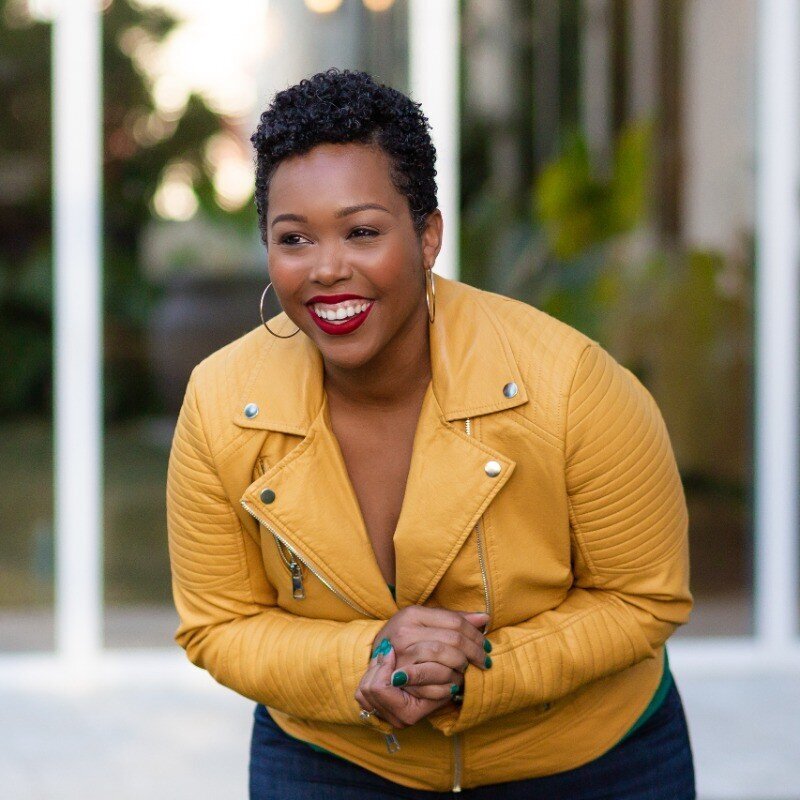



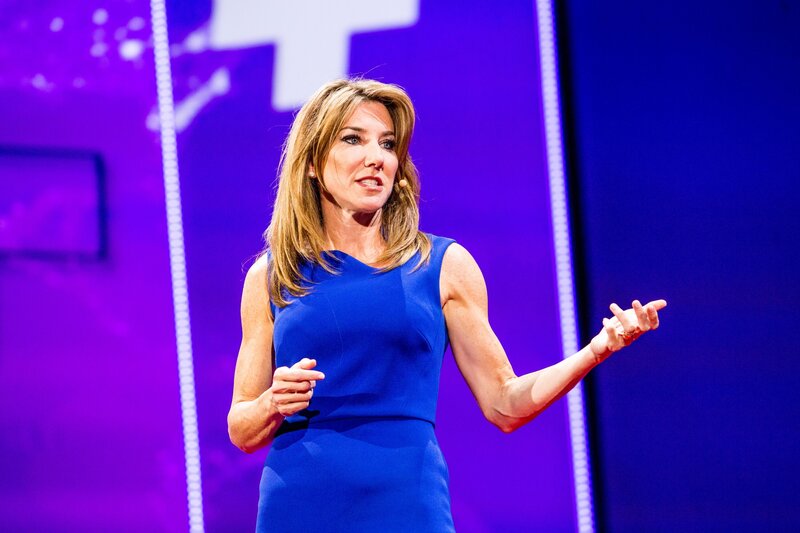



"Mike helped me create the signature keynote I'd been dreaming of giving. He was so skillful, artful, creative in helping me create a #mikedropmoment."




“He should have charged me 5x as much because the VALUE I received was so astounding!”
“Working with Mike made me more compelling, more motivational, more relatable, and more myself”
WORD ON THE STREET
— Erin King, Bestselling Author & Top-Ranked Keynote Speaker
— Tiffany Lanier, Change and wellbeing keynote speaker
— Laura Gassner Otting, bestselling author and TEDx speaker
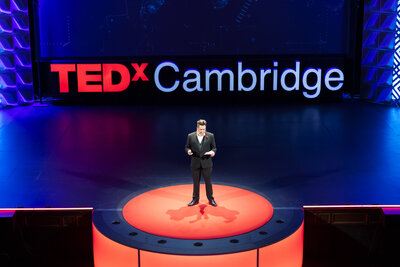

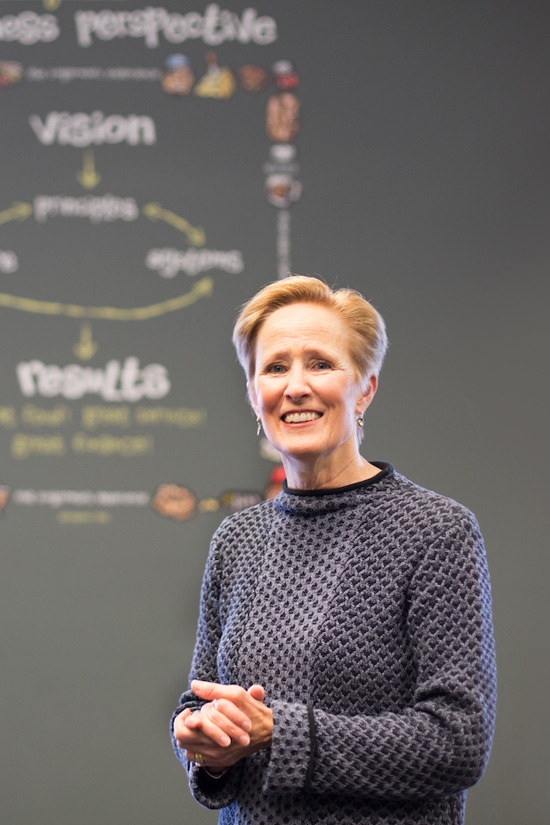
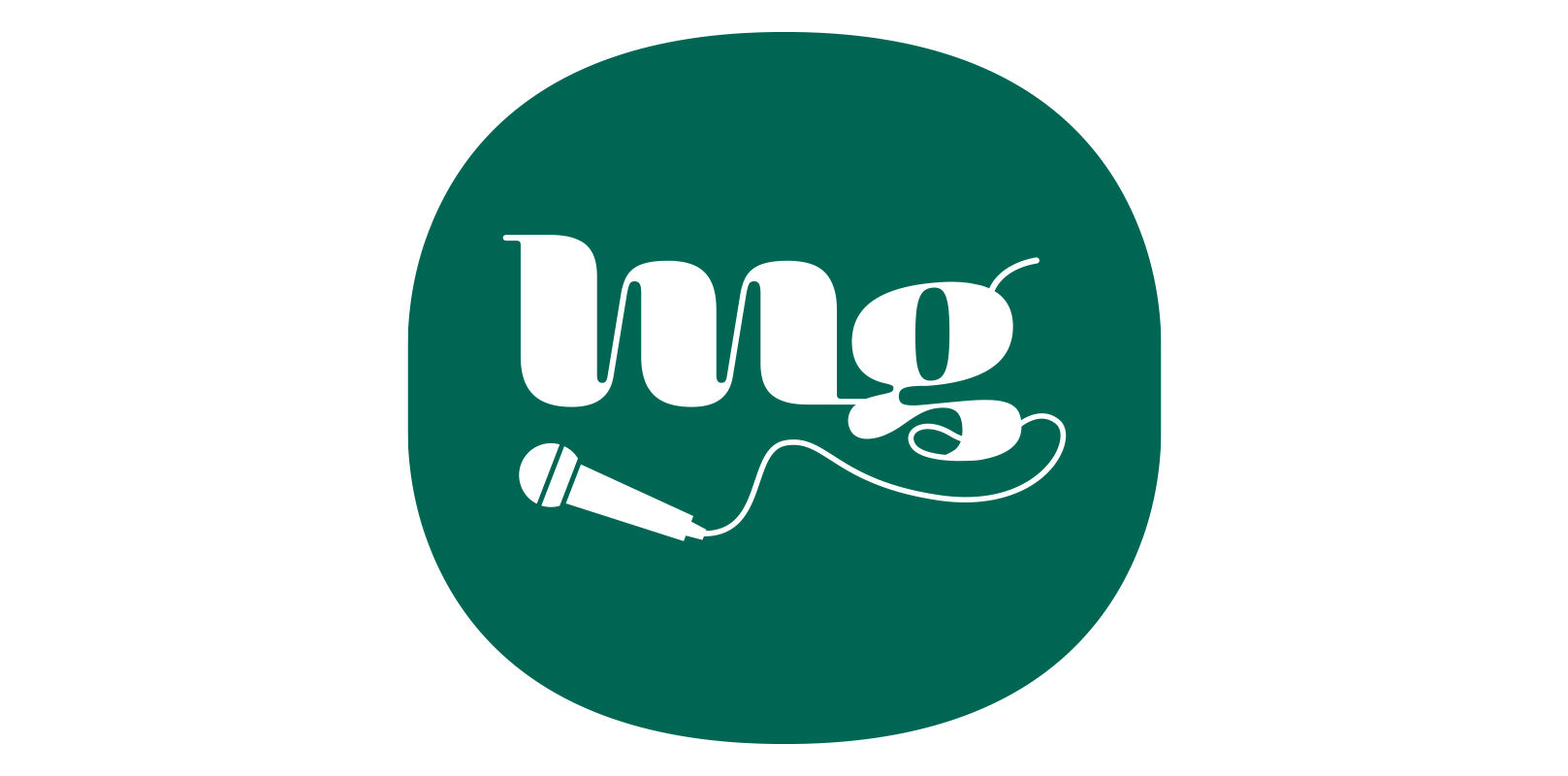
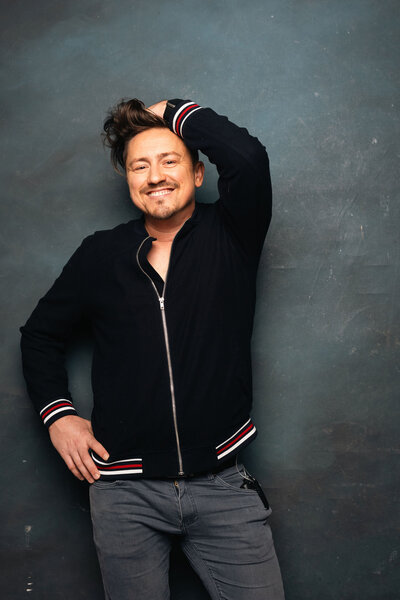
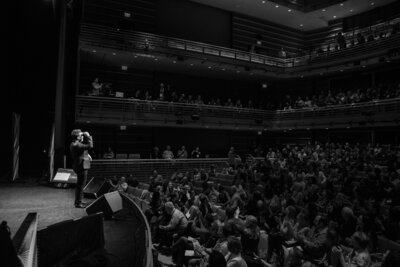

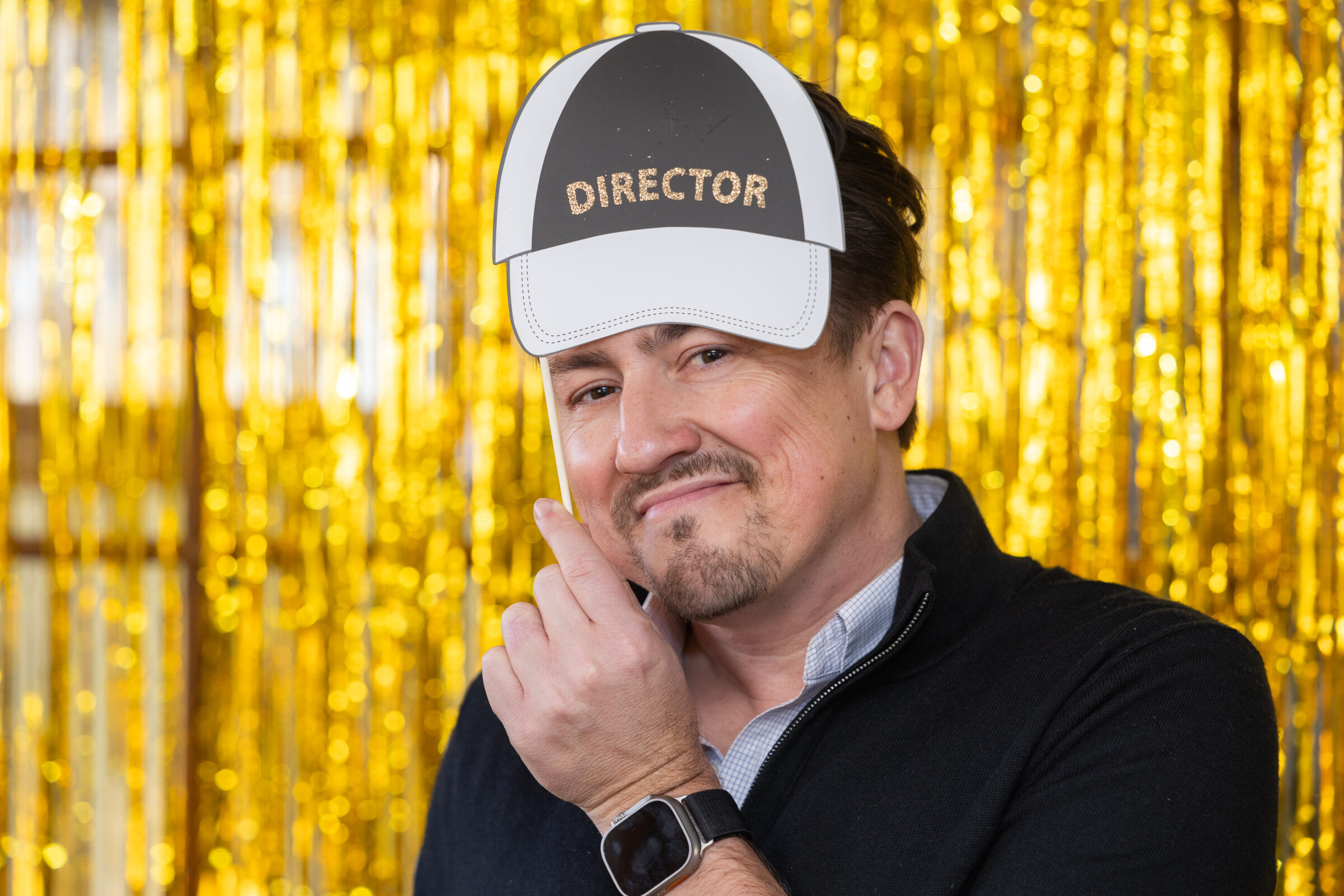
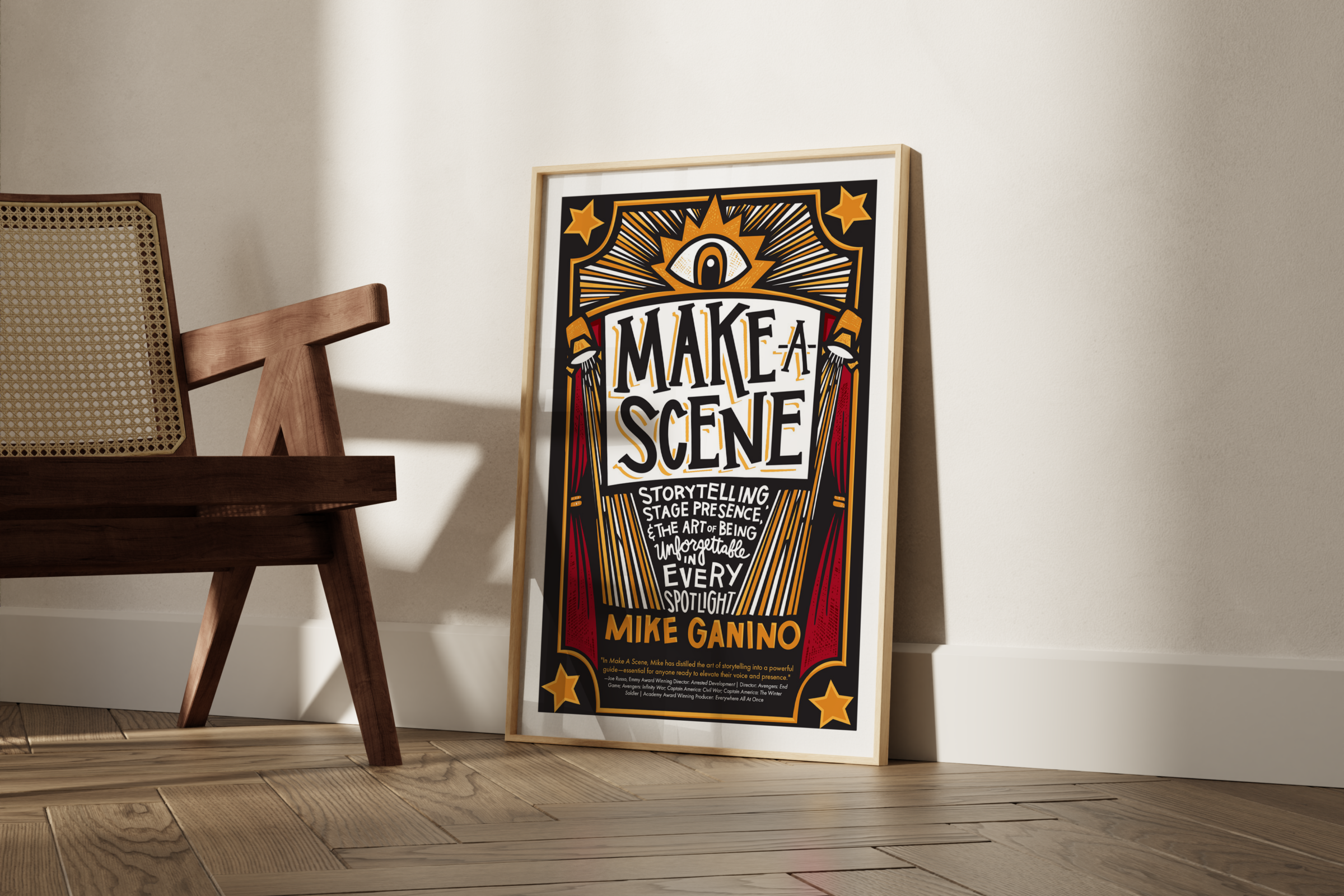
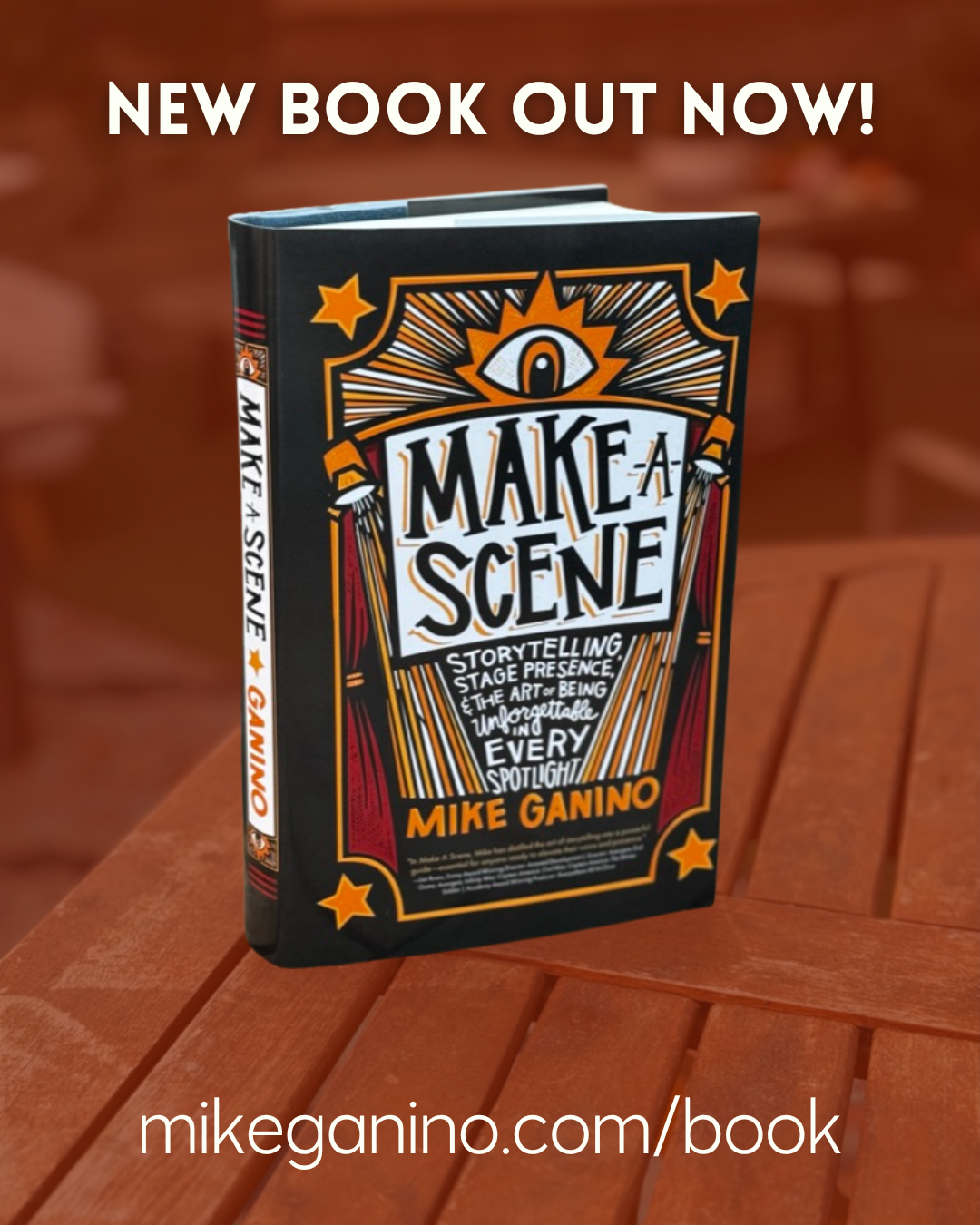
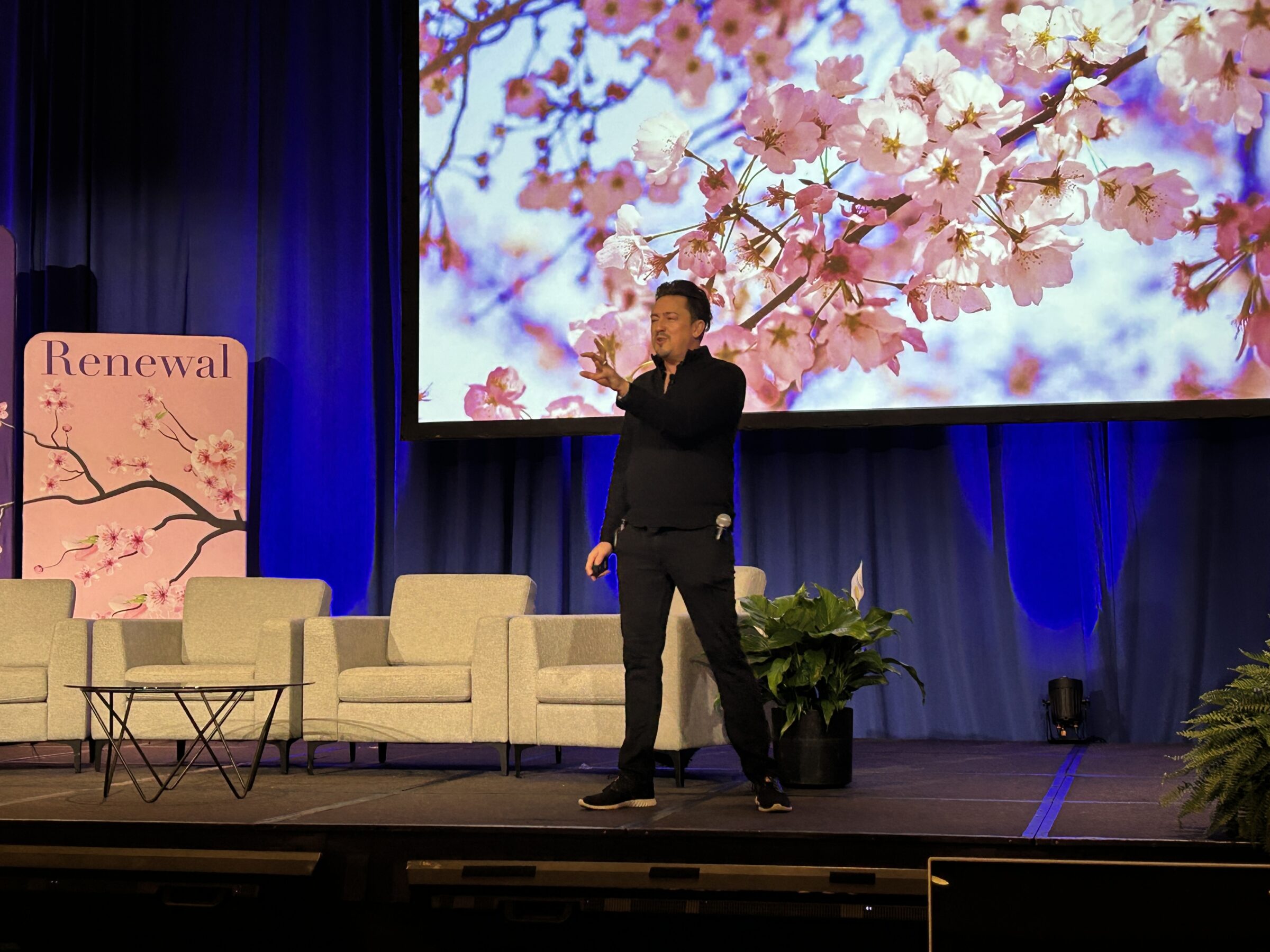
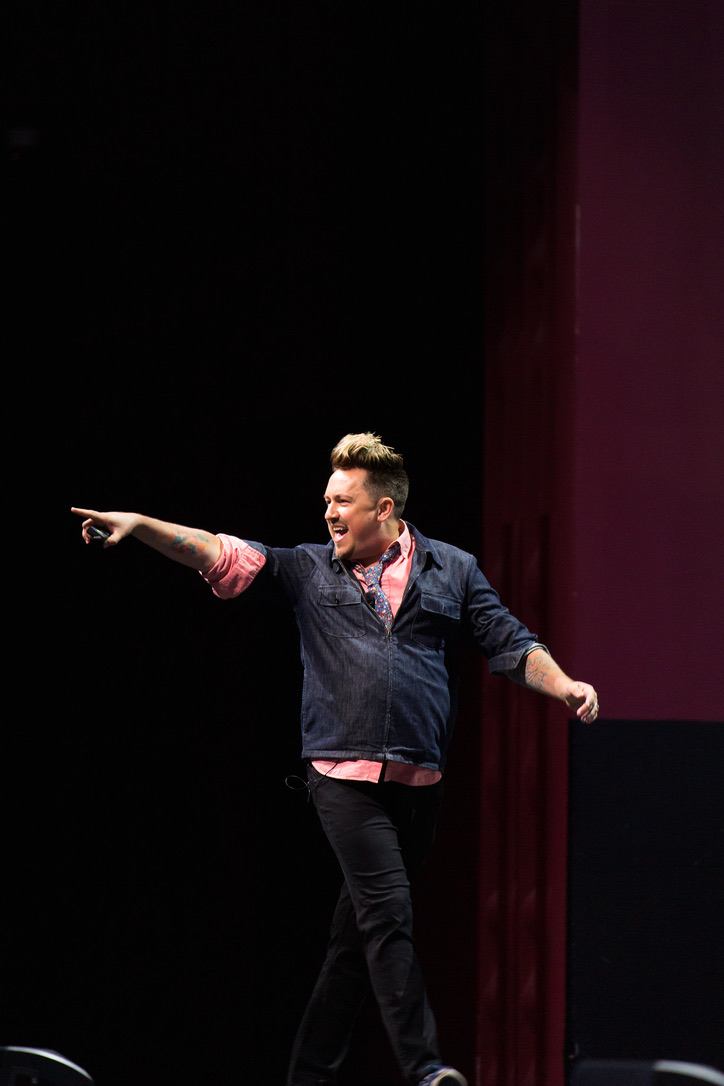
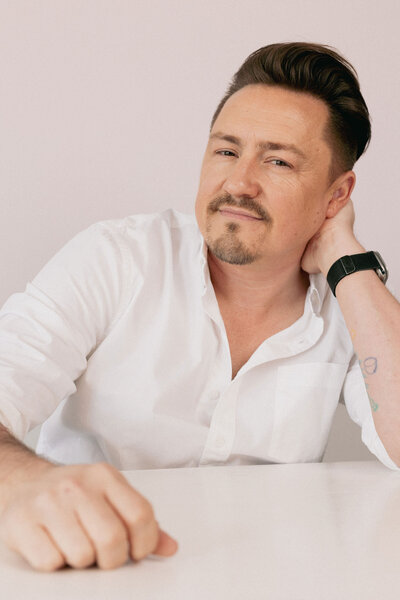


+ Show / Hide Comments
Share to: